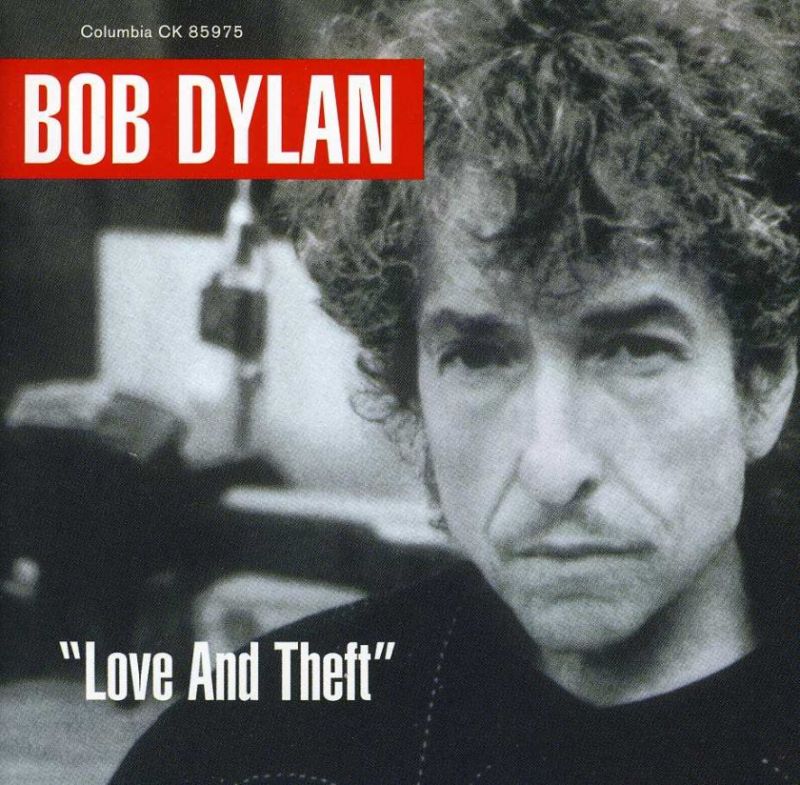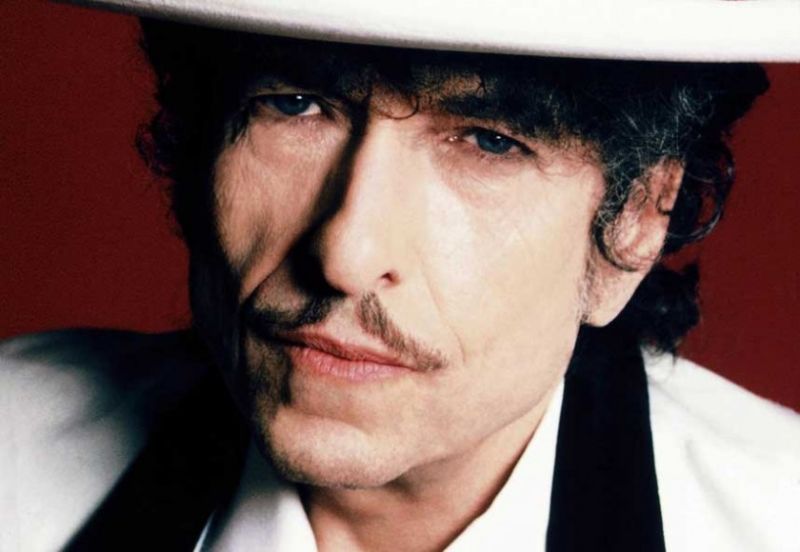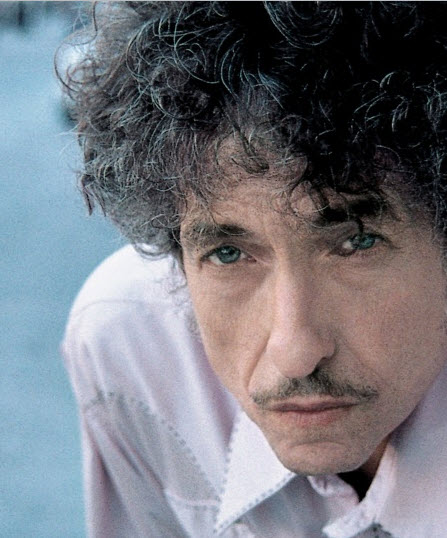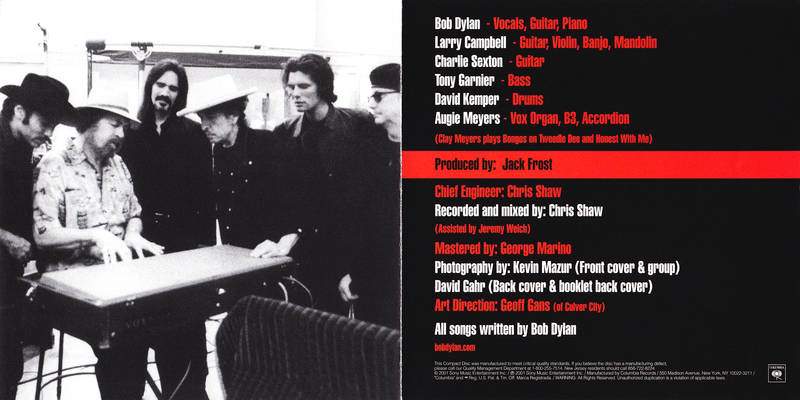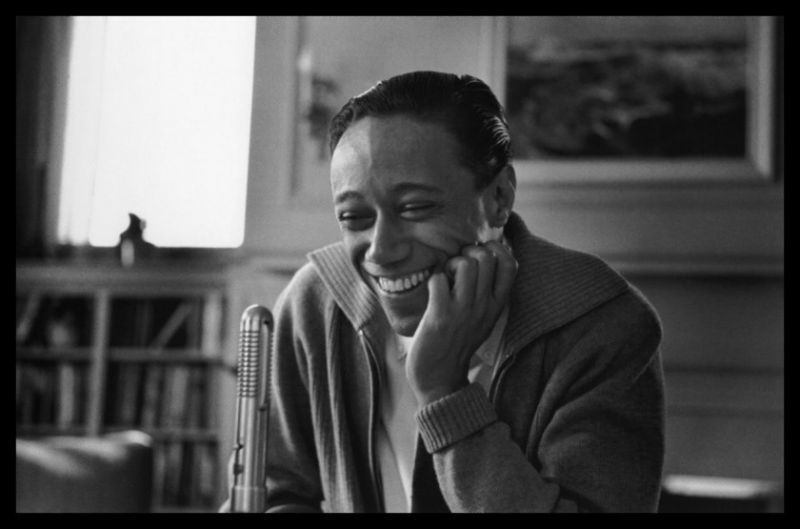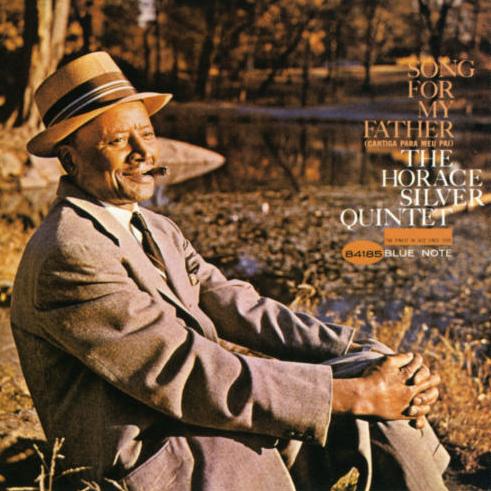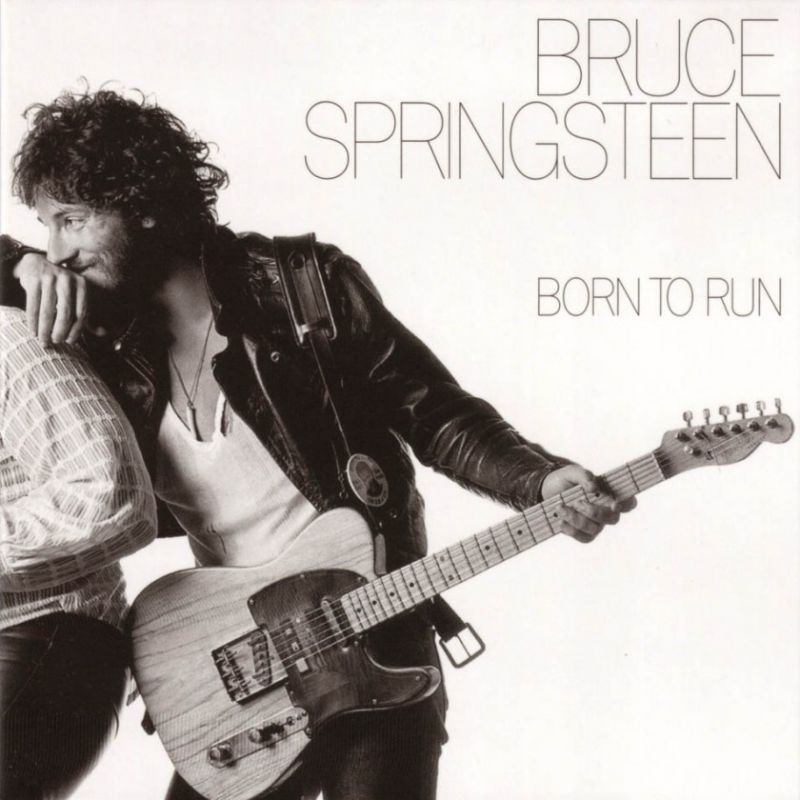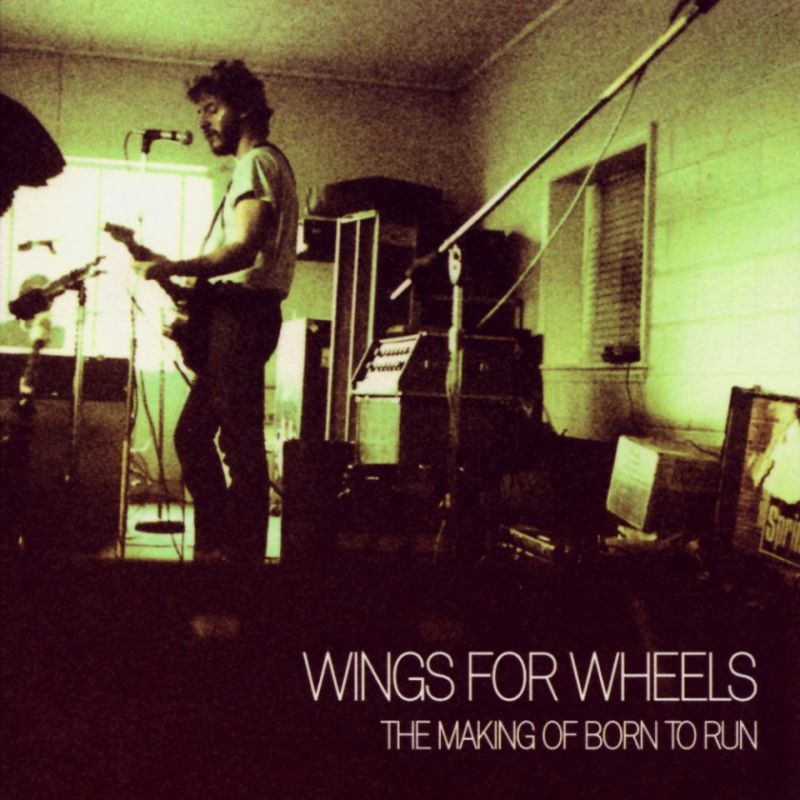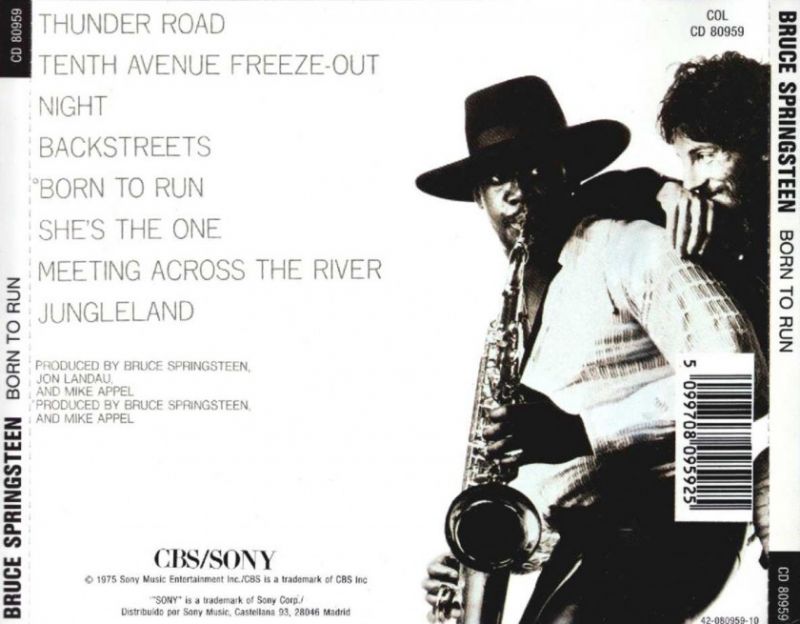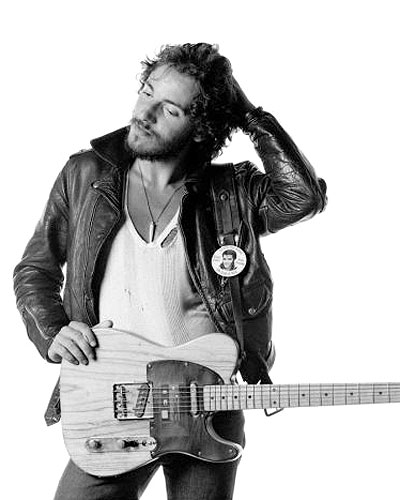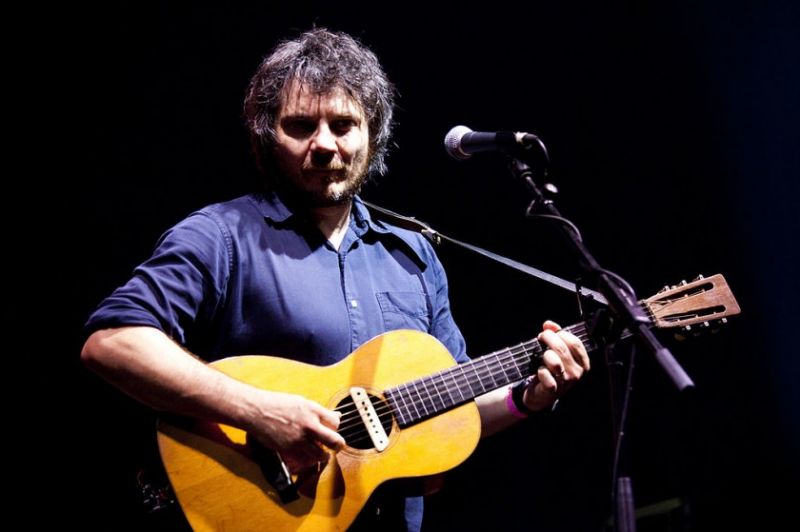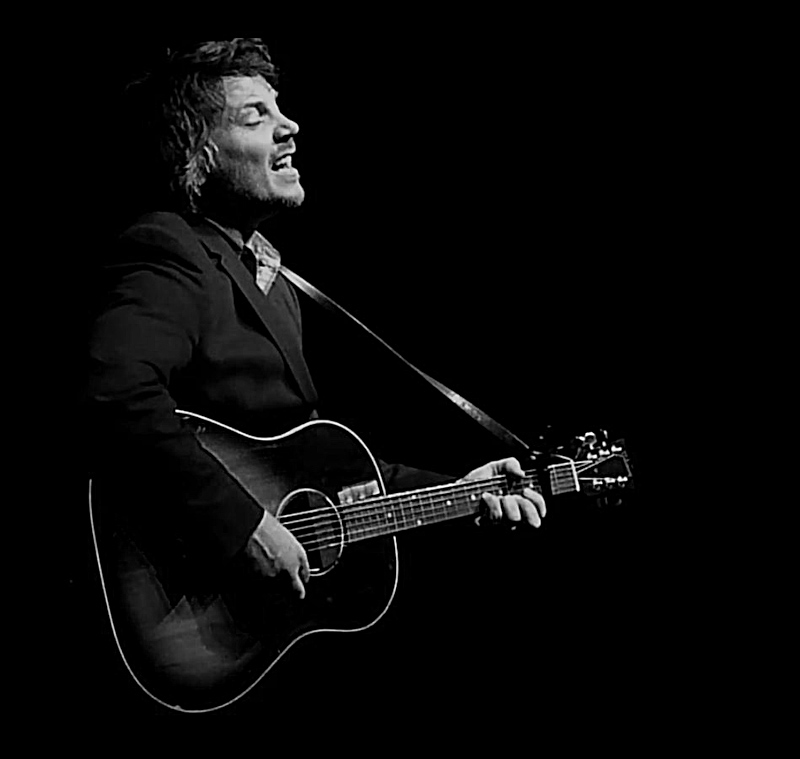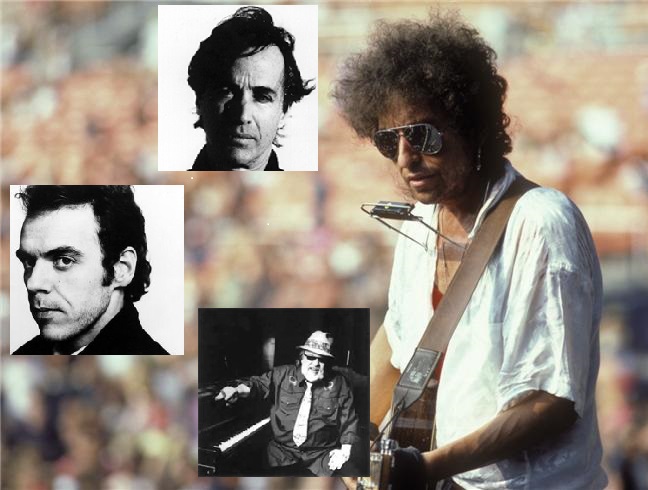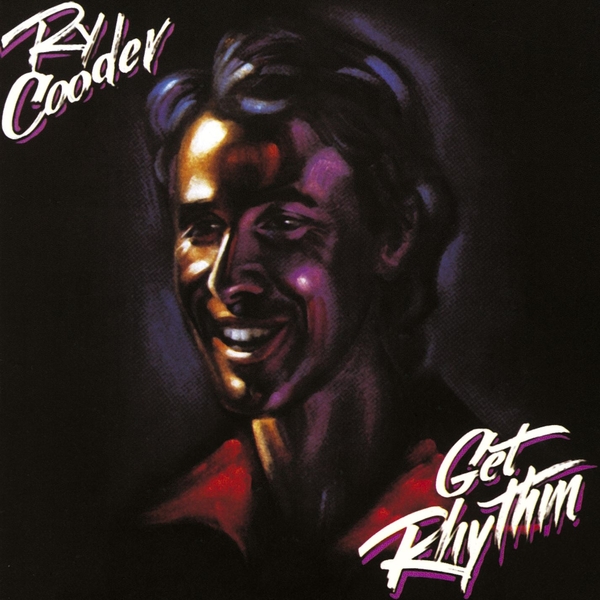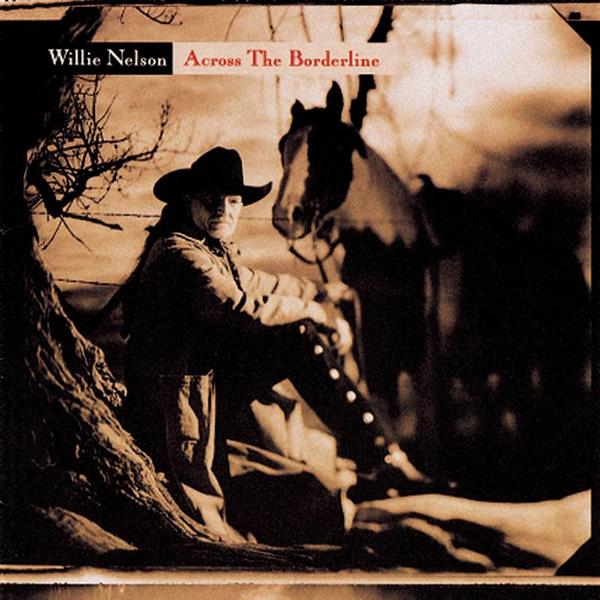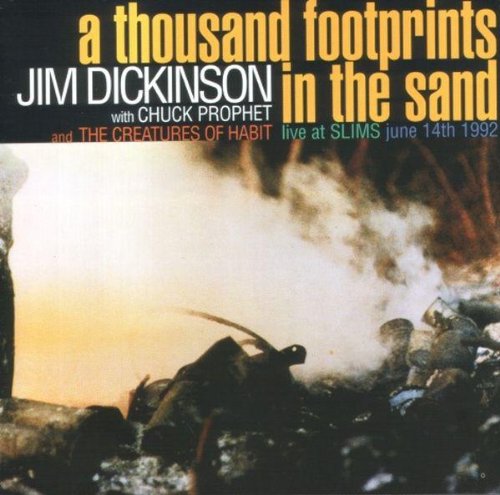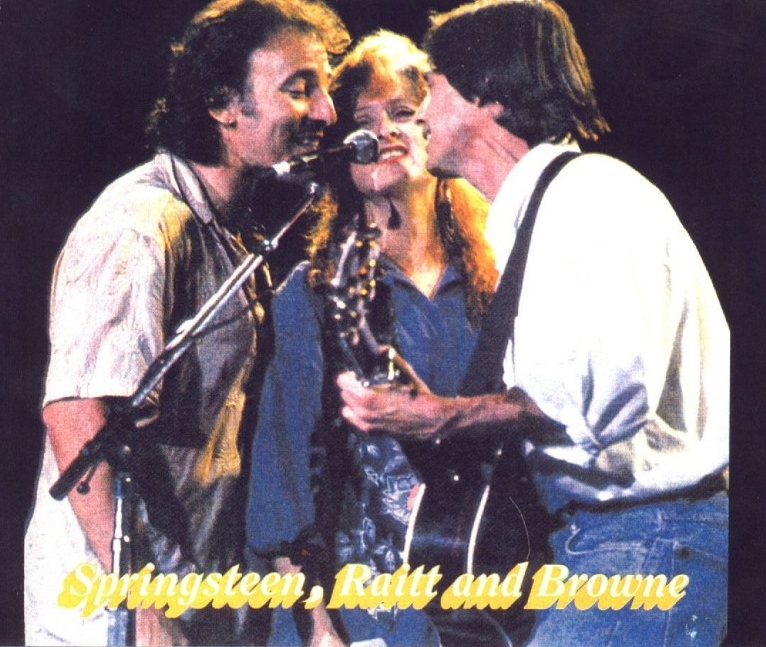” ‘Love & Theft’ is not an album I’ve recorded to please myself. If I really wanted to that, I would have recorded some Charley Patton songs.”
~Bob Dylan“All the songs are variations on the 12-bar theme and blues-based melodies. The music here is an electronic grid, the lyrics being the substructure that holds it all together. The songs themselves don’t have any genetic history. Is it like Time Out Of Mind, or Oh Mercy, or Blood On The Tracks, or whatever? Probably not. I think of it more as a greatest hits album, Volume 1 or Volume 2. Without the hits; not yet, anyway”
~Bob Dylan (“Love & Theft” press release, June 2001)The old Chess records, the Sun records. . . I think that’s my favorite sound for a record . . . I like . . . the intensity The sound is uncluttered. There’s power and suspense. The whole vibration feels like it could be coming from inside your mind. It’s alive. It’s right there.
~Bob Dylan, to Bill Flanagan, 2009
High Water (for Charley Patton):
High water risin’—risin’ night and day
All the gold and silver are bein’ stolen away
Big Joe Turner lookin’ east and west
From the dark room of his mind
He made it to Kansas City
Twelfth Street and Vine
Nothin’ standing there
High water everywhere
From Wikipedia:
| Released | September 11, 2001 |
|---|---|
| Recorded | May 2001 |
| Genre | Folk rock, blues, roots rock,Americana |
| Length | 57:25 |
| Label | Columbia |
| Producer | Jack Frost (Bob Dylan’s pseudonym) |
Love and Theft is the thirty-first studio album by American singer-songwriter Bob Dylan, released in September 2001 by Columbia Records. It featured backing by his touring band of the time, with keyboardist Augie Meyers added for the sessions. It peaked at #5 on the Billboard 200, and has been certified with a gold album by the RIAA. A limited edition release included two bonus tracks on a separate disc recorded in the early 1960s, and two years later, on September 16, 2003, this album was one of fifteen Dylan titles reissued and remastered for SACD hybrid playback.
The album continued Dylan’s artistic comeback following 1997’s Time Out of Mind, and was given an even more enthusiastic reception. Though often referred to without quotations, the correct title is “Love and Theft”. The title of the album was apparently inspired by historian Eric Lott’s book Love & Theft: Blackface Minstrelsy and the American Working Class, which was published in 1993. “Love and Theft becomes his Fables of the Reconstruction, to borrow an R.E.M. album title”, writes Greg Kot in The Chicago Tribune (published September 11, 2001), “the myths, mysteries and folklore of the South as a backdrop for one of the finest roots rock albums ever made.”
…. “Love and Theft is, as the title implies, a kind of homage,” writes Kot, “[and] never more so than on ‘High Water (for Charley Patton),’ in which Dylan draws a sweeping portrait of the South’s racial history, with the unsung blues singer as a symbol of the region’s cultural richness and ingrained social cruelties. Rumbling drums and moaning backing vocals suggest that things are going from bad to worse. ‘It’s tough out there,’ Dylan rasps. ‘High water everywhere.’ Death and dementia shadow the album, tempered by tenderness and wicked gallows humor.”
–
In an interview conducted by Alan Jackson for The Times Magazine in 2001, before the album was released, Dylan said “these so-called connoisseurs of Bob Dylan music…I don’t feel they know a thing, or have any inkling of who I am and what I’m about. I know they think they do, and yet it’s ludicrous, it’s humorous, and sad. That such people have spent so much of their time thinking about who? Me? Get a life, please. It’s not something any one person should do about another. You’re not serving your own life well. You’re wasting your life.”
Reception:
4 important opinions……
- Clinton Heylin (from “Still On The Road…”):
… Not for the first time, his ambition proved greater than his artistry – “Love and Theft” was a patchwork quilt of borrowed ideas, and Dylan knew it. Hence, the little in-jokes with which he littered the lyrical trail. On the other hand, one has to acknowledge the bravura with which he approached his task. Previously, the editing process – before and during sessions – had generally expunged more derivative, less interesting debts. The reverse was now true. This time, Dylan positively celebrated every aspect of his cut-up canvas, even taking the album title from a 1993 book, Love & Theft: Blackface Minstrelsy and the American Working Class by Eric Lott. He even bookended the collection with two tracks that copped not only their melodies, but also their arrangements from earlier recordings.
– - Paul Williams (from “Bob Dylan: Performance Artist 1986-1990 And Beyond”):
Language. I’ve read close to a hundred reviews of “Love And Theft” by now, and yet Bob Dylan sums it up best, puts into words how I feel about this new and fabulous verbomusical experience. Says what I wanna say to you on this 7th day of November, 2001: “I know a place where there’s still somethin’ going on.” Yeah! Wow. He does, when so few seem to, and he takes me there. Over and over, whenever I listen to this album. And now I too know such a place, thank you very much. And then how about this (not just the words but the sound of his voice and the music that floats around it) as a description of the L&T experience?: “Another one of them endless days …” Oh yes.
It’s such a listenable record. The sound, the melodies, the feel, the variety, the connectedness of it all. Each song, I find myself lingering in the car or wherever it’s playing so I can hear it to the end. I get caught by each of ‘em again and again in quite a number of pleasing and satisfying ways. And like I say, I like the wholeness, the connectedness, of the album, the way it all hangs together and becomes a single experience, single narrative, in some mysterious and pleasing way that’s not easily pointed to or articulated.
– - Michael Gray (Bob Dylan Encyclopedia):
The Dylan world seemed at once to divide into those finding it much less substantial and those taking to it far more wholeheartedly. All agreed that the two albums differ in nearly every respect.
DANIEL LANOIS’ fingerprints are nowhere on ‘‘Love and Theft’’; the musicians used are, for the first time, Dylan’s Never-Ending Tour Band of the day, augmented by AUGIE MEYERS and his brother; there are no obviously great songs—no equivalent
of ‘Not Dark Yet’ or ‘Highlands’. But on ‘‘Love and Theft’’ a tumult of generously packed minor songs bump up boisterously against each other, like tuba players in a charabanc bouncing off on the excursion of a lifetime, calling to and fro amongst themselves in excited dialogue about everything under the sun. Dylan’s voice is almost completely shot here, yet what he does with it is most subtlely nuanced and shrewdly judged. And he is in such a good mood! This is the warmest, most outgoing, most good-humoured Bob Dylan album since Nashville Skyline, if not The Basement Tapes.
– - Robert Christgau:
Before minstrelsy scholar Eric Lott gets too excited about having his title stolen–“He loves me! Honey, Bob Dylan loves me!”–he should recall that Dylan called his first cover album Self-Portrait. Dylan meant that title, of course, and he means this one too, which doesn’t make “Love and Theft” his minstrelsy album any more than Self-Portrait’s dire “Minstrel Boy” was his minstrelsy song. All pop music is love and theft, and in 40 years of records whose sources have inspired volumes of scholastic exegesis, Dylan has never embraced that truth so warmly. Jokes, riddles, apercus, and revelations will surface for years, but let those who chart their lives by Dylan’s cockeyed parables tease out the details. I always go for tone, spirit, music. If Time Out of Mind was his death album–it wasn’t, but you know how people talk–this is his immortality album. It describes an eternal circle on masterful blazz and jop readymades that render his grizzled growl as juicy as Justin Timberlake’s tenor–Tony Bennett’s, even. It’s profound, too, by which I mean very funny. “I’m sitting on my watch so I can be on time,” he wheezes, because time he’s got plenty of. A+
In 2012, the album was ranked #385 on Rolling Stone’s 500 Greatest Albums of All Time, while Newsweek magazine pronounced it the second best album of its decade. In 2009, Glide Magazine ranked it as the #1 Album of the Decade. Entertainment Weekly put it on its end-of-the-decade, “best-of” list, saying, “The predictably unpredictable rock poet greeted the new millennium with a folksy, bluesy instant classic.”
Track listing:
All songs written and composed by Bob Dylan.
1. “Tweedle Dee & Tweedle Dum” 4:46
2. “Mississippi” 5:21
3. “Summer Days” 4:52
4. “Bye and Bye” 3:16
5. “Lonesome Day Blues” 6:05
6. “Floater (Too Much to Ask)” 4:59
7. “High Water (For Charley Patton)” 4:04
8. “Moonlight” 3:23
9. “Honest With Me” 5:49
10. “Po’ Boy” 3:05
11. “Cry a While” 5:05
12. “Sugar Baby” 6:40
–
My fav songs from L&T:
- Mississippi
- High Water (For Charley Patton)
- Po’ Boy
- Sugar Baby
- Lonesome Day Blues
–
Personnel
- Bob Dylan – vocals, guitar, piano, production
- Additional personnel
- Larry Campbell – guitar, banjo, mandolin, violin
- Tony Garnier – bass guitar
- David Kemper – drums
- Augie Meyers – accordion, Hammond B3 organ, Vox organ
- Clay Meyers – bongos
- Chris Shaw – recording engineering
- Charlie Sexton – guitar
Mississippi – Live 2002:
High Water (For Charley Patton) – Orlando – 10/10/10:
Album of the day:
Check out:
Other September 11:
Continue reading Today: Bob Dylan released “Love And Theft” in 2001, 12 years ago

